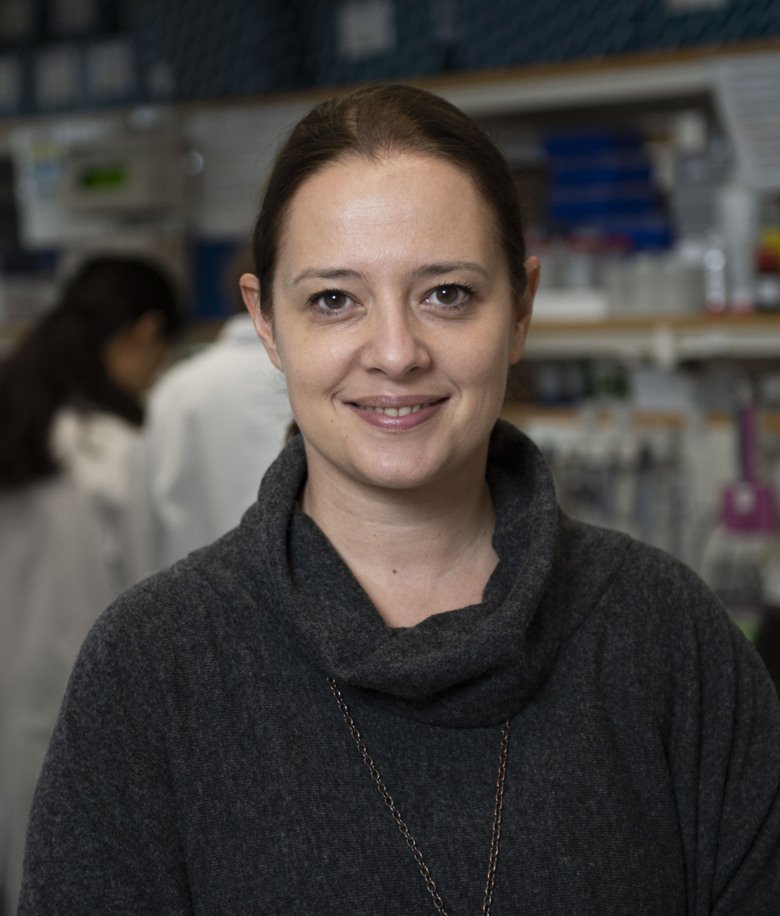Epigenetics answers questions about MS
Maja Jagodic studies how the disease MS arises and why it affects people so differently. Research at an epigenetic level is appropriate both for understanding the disease and for finding new ways to treat it, she says.

What are you researching?
“I’m studying epigenetics related to multiple sclerosis, or MS. It’s an exciting field since many advances have been made in the past few decades, yet there is still so much that needs to be done. We still don’t fully understand the disease mechanisms and there are no curative treatments. A large number of risk genes have been identified, as well as numerous environmental and lifestyle risk factors. That is why we are now inte- rested in the epigenetic level, which is where you could say the influence of genes and environment meet. Also, epigenetics can be utilized to treat the disease.”
What do you hope to discover?
“We are trying to answer two questions. First of all, how does the disease arise and what is it that triggers the aggressive immune response in the brain? This question relates particularly to the immune system. The other question is what factors govern how aggressively the disease expresses itself in an individual? Why does it affect people so differently? This question relates primarily to the brain. Usually, our research involves patient samples to identify factors that associate with the disease. We then take our discoveries to the lab to examine them in detail and understand the underlying mechanisms.”
What do you hope to achieve?
“Ultimately, we want our research to contribute to new therapies that can halt or cure MS and that are more precise, thus much better tolerated by the patient than current treatments. But first we need a much better understanding of the disease. In a broader perspective, I also hope that our research will add to epigenetic knowledge of inflammatory, autoimmune and neurodegenerative processes more generally. The molecular mechanisms we’re studying are very general and therefore of relevance to many diseases.”
About Maja Jagodic
Professor of Neuroinflammation at the Department of Clinical Neuroscience
Maja Jagodic was born in 1974 in Belgrade in the former Yugoslavia. She earned her master’s degree in molecular biology and physiology at the University of Belgrade in 1999 and took her PhD at KI in 2004. Between 2006 and 2008 she did a postdoc at the Department of Oncology, Cambridge University, UK. Since 2008 she is heading a research group at KI. Jagodic became a docent in 2014. Amongst other grants, she has been awarded a project grant of SEK 28 million from the Knut and Alice Wallenberg Foundation and an ERC Consolidator Grant of approximately EUR 2 million.
Maja Jagodic was appointed Professor of Neuroinflammation at Karolinska Institutet on 1 April 2021.
Text: Anders Nilsson
First published in the booklet From Cell to Society 2021
